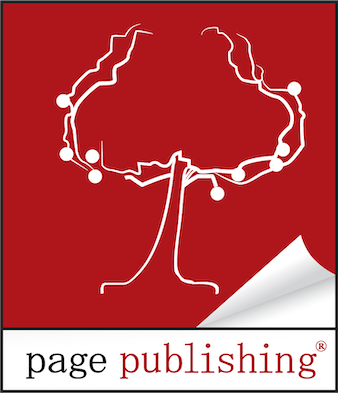
Connecting with local media outlets can be a game-changer for new authors looking to build their presence and reach a wider audience. Here’s a step-by-step guide on how to effectively contact local media outlets and secure coverage to promote yourself and your book.
1. Identify Relevant Media Outlets
Research Local Media
Start by compiling a list of local newspapers, magazines, radio stations, TV stations, and online news platforms that cover community news, arts, culture, and literary events.
Find the Right Contacts
Identify specific journalists, editors, and producers who handle book reviews, author interviews, or cultural features. Look for their contact information on the media outlet’s website or social media profiles.
2. Prepare Your Press Kit
Write a Press Release or Re-use Your Publisher-Provided Press Release
Create a compelling press release that includes:
- Headline: Catchy and informative.
- Lead Paragraph: Briefly covers the who, what, where, when, and why.
- Body: Detailed information about you as an author, your book, and why it’s newsworthy.
- Contact Information: Your name/pen name, author/business email, and social media handles for your author/public accounts.
- For privacy purposes, you can also retain the contact details of your publisher in place of your personal details.
- Quotes: Include quotes from yourself and possibly early reviewers or experts.
Find the Right Contacts
Identify specific journalists, editors, and producers who handle book reviews, author interviews, or cultural features. Look for their contact information on the media outlet’s website or social media profiles.
Author Bio and Book Summary
Prepare a concise author bio and a summary of your book. This helps journalists quickly understand your background and what your book is about.
High-Quality Images
Include high-resolution images of your book cover, author photo, and any promotional materials. Visuals can enhance your press kit’s appeal.
3. Craft a Personalized Pitch
Personalize Your Approach
Tailor your pitch to each media outlet. Reference recent articles or segments they’ve done that are similar to your story. Show that you’ve done your homework and understand their audience.
Be Concise and Clear
Keep your email brief and to the point. Highlight the key details about your book and explain why it would interest their readers, listeners, or viewers.
4. Send Your Press Kit and Pitch
Email Your Press Kit
Email your press kit along with your personalized pitch to the identified contacts. Ensure the subject line is attention-grabbing but professional.
Follow Up
If you don’t hear back within a week, send a polite follow-up email. Express your continued interest in working with them and offer any additional information they might need.
5. Leverage Social Media
Connect on Social Media
Follow local journalists, editors, and media outlets on platforms like Twitter, LinkedIn, and Instagram. Engage with their posts by liking, commenting, and sharing relevant content.
Direct Messages
Consider sending a brief direct message on social media to give them a heads-up about your email. This can increase the chances of your pitch being noticed.
6. Build Relationships
Attend Local Events
Attend local literary and community events to network with journalists and editors. Building a personal connection can make them more likely to cover your story.
Offer Exclusive Content
Offer exclusive content or interviews to certain outlets. Exclusive stories can be more appealing to journalists and increase your chances of coverage.
7. Be Prepared for Interviews
Prepare Talking Points
Prepare key talking points about your book, your writing journey, and any unique aspects of your story.
Practice Your Delivery
Practice answering potential questions in a clear, concise, and engaging manner. Be ready to discuss your book passionately and professionally.
8. Express Gratitude
Thank the Media
If a media outlet covers your story, be sure to send a thank-you note or email to express your appreciation for their support and coverage.
Share the Coverage
Share any media coverage on your social media platforms and website. Tag the media outlet and the journalist to show your appreciation and boost their visibility.
Connecting with local media outlets as a new author can significantly enhance your visibility and reach. By following the detailed steps listed above, you can effectively engage with local media and build a strong presence for yourself and your book. Good luck on your journey, and may your literary career flourish!
